Druridge Bay and Bradley opencast coal mines 'not needed'
- Published
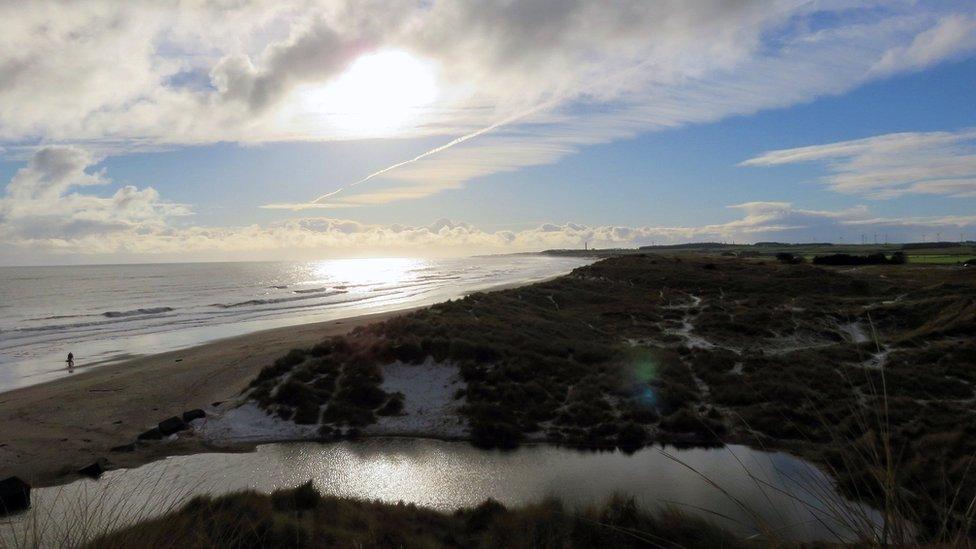
The planned mine would sit between Druridge Bay and Widdrington Village
Two new opencast coal mines are unnecessary as the UK has more coal than it needs, campaigners have claimed.
Friends Of The Earth says government figures show predicted coal usage is less than the current stockpile.
It wants the government to reject Banks Mining's plan for an opencast mine at Druridge Bay, Northumberland and revoke permission at Bradley, County Durham.
Banks said coal-use predictions had been "significantly underestimated".
Campaigner Tony Bosworth said: "Power stations already have enough stockpiled coal to last until they close down in 2025, so giving new climate-wrecking coal mines the green light would be ludicrous."
An energy and emissions report, external by the Department for Business, Energy and Industrial Strategy said coal use had "fallen rapidly" since 2013.
Government figures quoted by Friends Of The Earth, external show coal stocks of 5.2m tonnes, more than the projected usage for energy of 1.68m tonnes over the next six years.
Emissions from transportation
But Banks Mining's environment and community director Mark Dowdall said the campaign group's scenario was not "realistic".
"The UK still needs coal for a range of other essential industrial uses, such as steel, cement and food production and heritage railways," he said.
Meeting the need through imports meant increased greenhouse gas emissions from transportation, he said.
Banks' plans for the site near Druridge Bay were rejected last year.
They are now being reconsidered by Communities Secretary James Brokenshire after a successful High Court challenge.
Friends Of The Earth is calling on Mr Brokenshire to reject the plans, saying they were contingent on there being a "window" for coal use before it was phased out which no longer exists.
The Department for Communities has been approached for comment.
Over the Easter weekend Britain broke its record for the longest continuous period without generating electricity from coal.
- Published22 April 2019
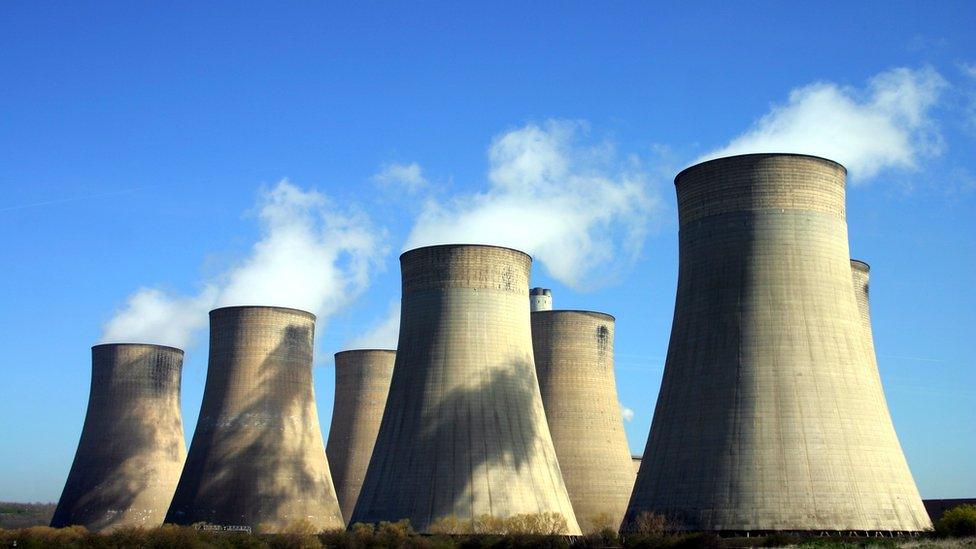
- Published26 February 2019
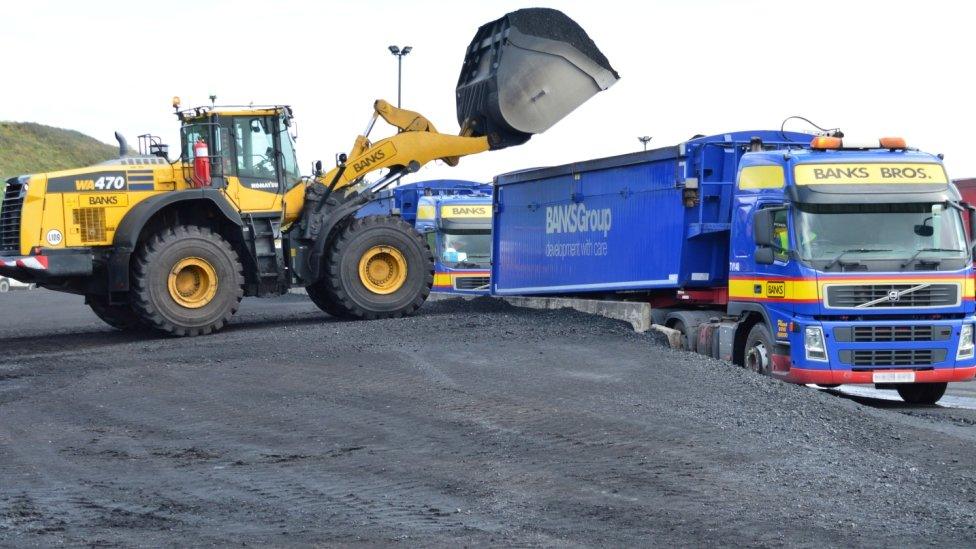
- Published23 November 2018
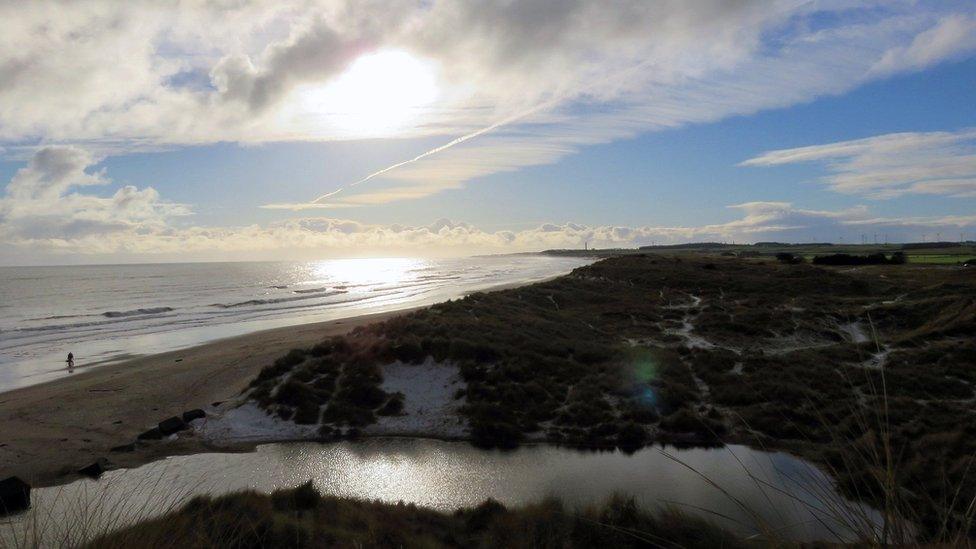
- Published17 October 2018

- Published18 April 2018
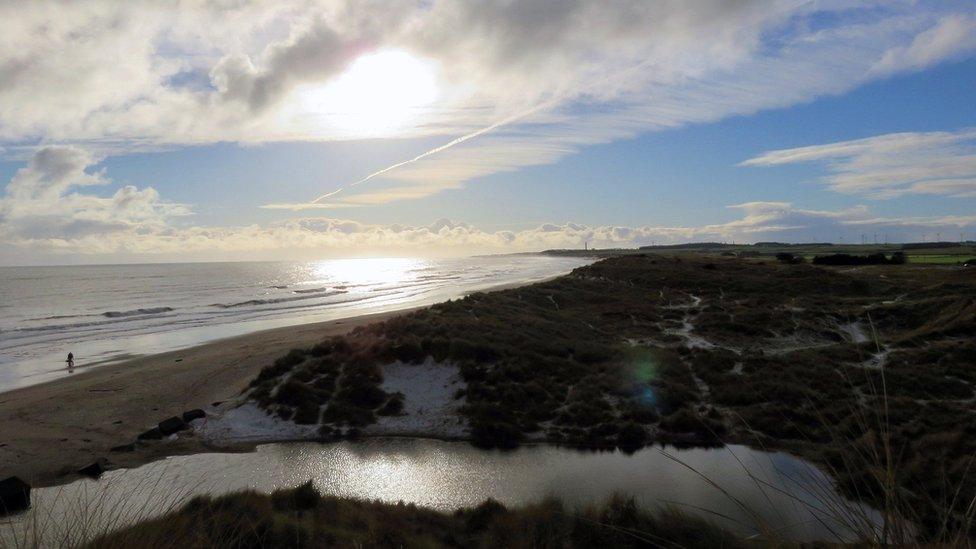
- Published23 March 2018
